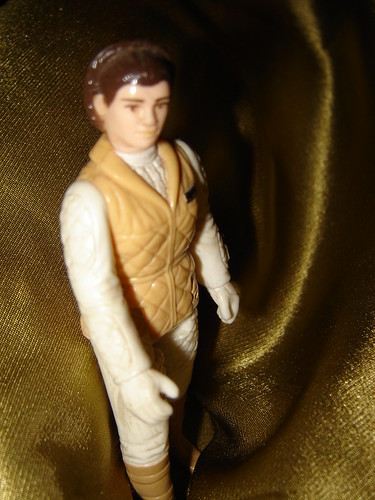Historically, Māori have had a difficult relationship with public libraries and libraries in general. Finding ways to support whakapapa research is one way in which public libraries can help to make themselves a more attractive option for this growing section of New Zealand society. In addition, providing services and tools that educate whakapapa researchers in their use of the public library may increase the level of independence that these researchers have.
- Public libraries should consider offering workshops, seminars and/or guided tours specifically devoted to the whakapapa sources held in the library. Basic information about how to use these whakapapa sources should be included in order to give researchers a good grounding and familiarity with these resources.
- Whakapapa researchers are much more inclined to ask a librarian for help than use other resources. They are also more dependent on librarian assistance than other genealogists so where possible a Māori reference librarian should be available in the vicinity of the main whakapapa resources will mean that these library customers get the help that they need.
- If there are not already printed resources specifically aimed at whakapapa researchers, such as an introductory guide to research, or lists of whakapapa sources listed by region, then these should be produced.
- Ensure that staff who deal with genealogical resources such as births, deaths, and marriages indexed and electoral rolls, which for the most part will not form part of a Māori collection, have sufficient training and understanding of these resources to be able to assist a whakapapa researcher in their use.
- Look to acquire copies of Māori Land Court/Te Kooti Whenua Māori records if these are not already owned. Ensure that appropriate indexes for this information are also available.
- Investigate what whakapapa sources are available online and make these accessible via the library website. Create or maintain a guide to the library’s whakapapa sources on the library website.




No comments:
Post a Comment